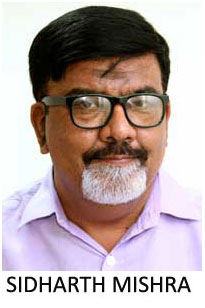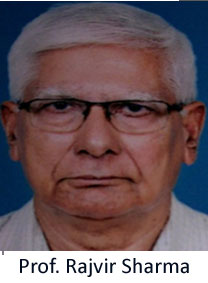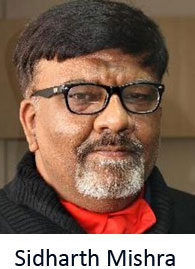Today we celebrate the 149th Birthday of Mahatma Gandhi. The Father of the Nation for the past few years has been getting unprecedented attention. The Narendra Modi Government in its four-and-half-years-long tenure has given a Gandhian name, if not character, to most of its policies and schemes.
Mahatma’s name and quotes have been variously used in the nation he helped create, to perpetuate ideas, thoughts, schemes and scams, which would have never passed his scrutiny. The UPA government launched a most ambitious village rejuvenation programme and managed to win a second term on the basis of this scheme. When the programme came under cloud for financial irregularities, it was named after Mahatma lest a successor government decide to scrap it.




